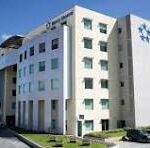Navigating the Costa Rica Investor Visa Timeline

Nearly 70,000 Americans have made Costa Rica their home, drawn by its natural beauty and quality healthcare. With a growth rate of 14% annually since 2020, it's clear why this Central American country is an attractive destination for those seeking residency.
The Costa Rican residency application process involves several stages, from document preparation to final approval. Understanding the timeline for obtaining an investor visa can help you plan your relocation more effectively.
We will explore the comprehensive timeline for obtaining an investment-based visa in Costa Rica, helping you understand what to expect at each stage.
Understanding Costa Rica Residency Options
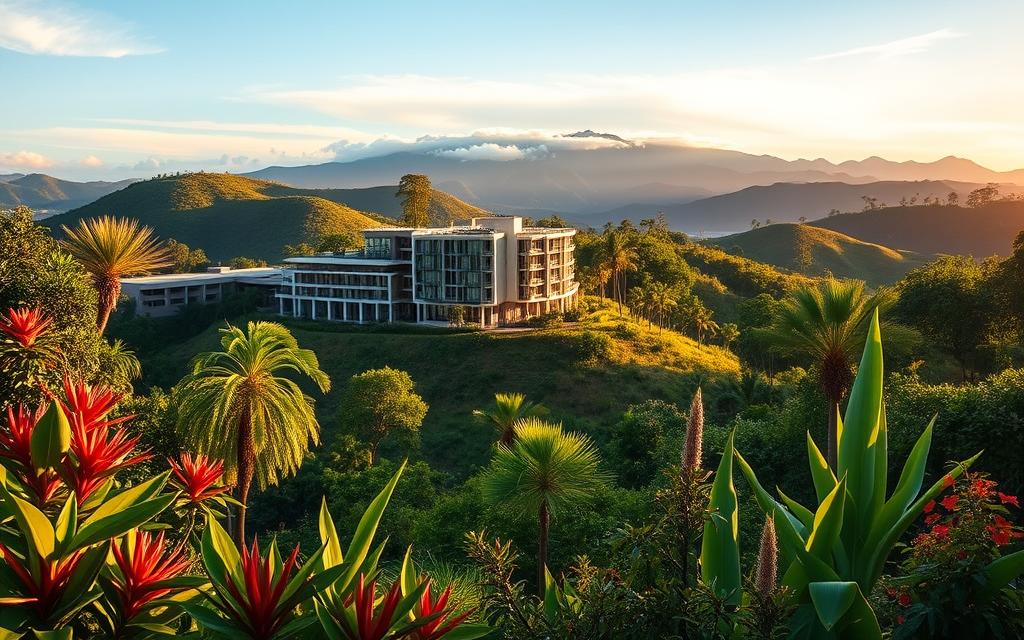
Costa Rica offers a diverse range of residency options tailored to different needs and circumstances. We will explore the various programs available, each designed to cater to different life situations and goals.
Types of Residency Programs Available
Costa Rica offers multiple residency categories. The Pensionado residency category is designed for retirees with a stable pension income. Rentista residency is ideal for non-retirees who have passive income. The Inversionista (Investor) residency category is geared towards investors willing to invest in Costa Rica. Family-related residency applications include marriage to a Costa Rican citizen or being the parent of a Costa Rican child. These programs provide a range of options for individuals looking to reside in Costa Rica.
Why the Investor Visa Is Popular
The investor visa program stands out for its straightforward path to legal residency through a minimum investment of $150,000 in qualified assets, such as real estate or business ventures. For more information on real estate investment for Costa Rica residency, you can visit this link. Unlike other residency options that require ongoing income sources, the investor visa provides flexibility through a one-time investment. This makes it particularly attractive for those with significant capital but variable income. Additionally, Costa Rica's investor residency program allows applicants to include their spouse and dependent children up to 24 years of age without additional investment requirements.
The Costa Rica Investor Visa Timeline Overview
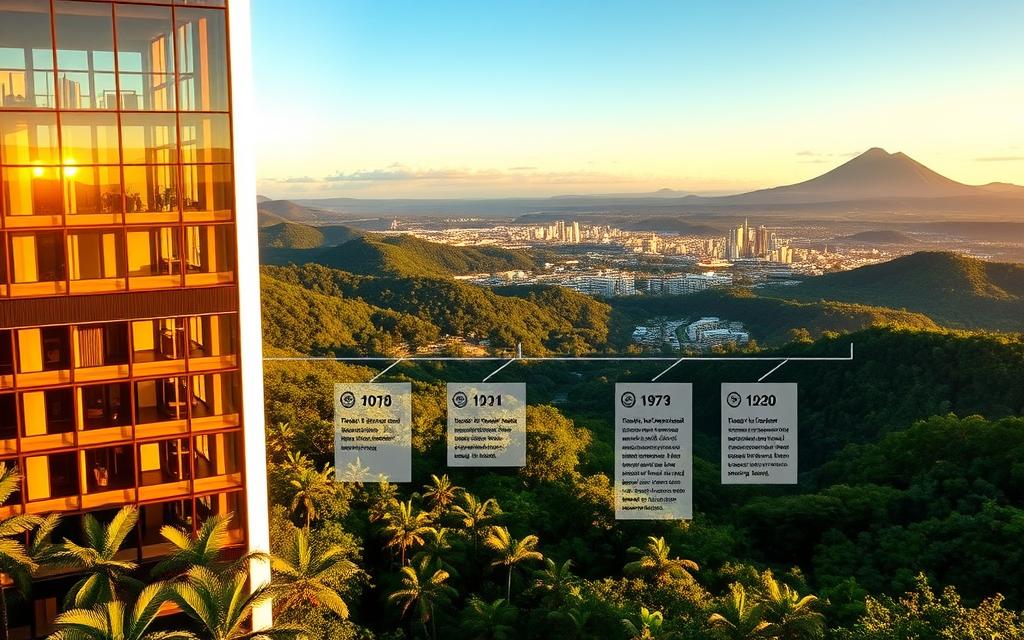
The journey to obtaining a Costa Rica Investor Visa involves several stages, each with its own timeframe. The total timeline from submission to final approval typically ranges from 3 to 12 months, depending on various factors. For investor visa applicants, understanding this timeline is crucial for planning their relocation to Costa Rica.
Average Processing Times
The processing timeline for a Costa Rica Investor Visa can be divided into three main stages. Initially, the application processing takes around 1-3 months. This is followed by a document review period that can last between 2-6 months. Finally, the approval process takes an additional 1-3 months. On average, Inversionista (investor) applications take 4-8 months to process.
Different residency categories have varying processing times. For instance, Digital Nomad visas are processed the fastest, typically within 2-3 months, while Pensionado applications take the longest, ranging from 8-12 months.
Factors That Affect Processing Speed
Several factors can significantly impact the processing speed of your Costa Rica Investor Visa application. The completeness and accuracy of your documentation play a crucial role. Additionally, the current application volume at immigration offices and seasonal fluctuations in processing capacity can also affect the timeline. Applications submitted during peak periods, such as December to February, often experience longer processing times due to increased volume and holiday-related office closures.
Minimum Investment Requirements
To qualify for the Costa Rica Investor Visa, applicants must meet specific minimum investment requirements. Costa Rica's investor residency program requires a minimum investment of $150,000 USD in assets registered with the Costa Rican government.
Real Estate Investment Option
The real estate investment option is a popular choice for those seeking residency in Costa Rica. This involves purchasing residential or commercial property valued at $150,000 or more, with the property titled in the applicant's personal name. Recent regulatory changes have emphasized the importance of personal ownership, moving away from corporate structures for property investments.
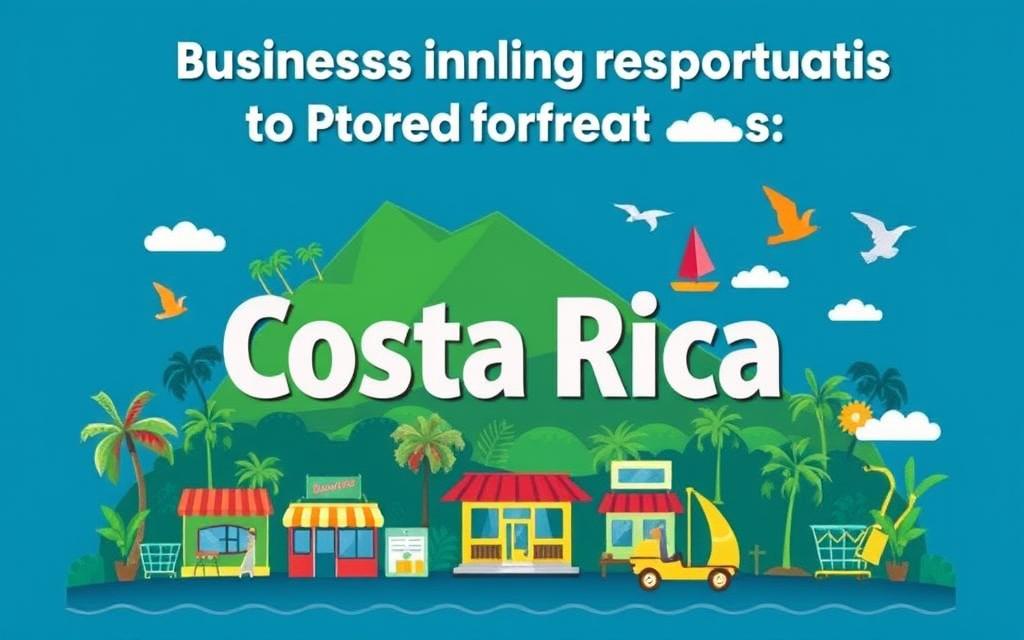
Business Investment Option
Alternatively, applicants can opt for the business investment route, either by investing in an existing Costa Rican business or by establishing a new enterprise. The minimum capital investment required is $150,000 USD. This option not only aids in obtaining residency but also contributes to the local economy and potentially generates ongoing income.
Both investment options require proper documentation and registration with the relevant Costa Rican authorities to be considered valid for residency applications. Ensuring compliance with these requirements is crucial for a successful application.
Pre-Application Preparation
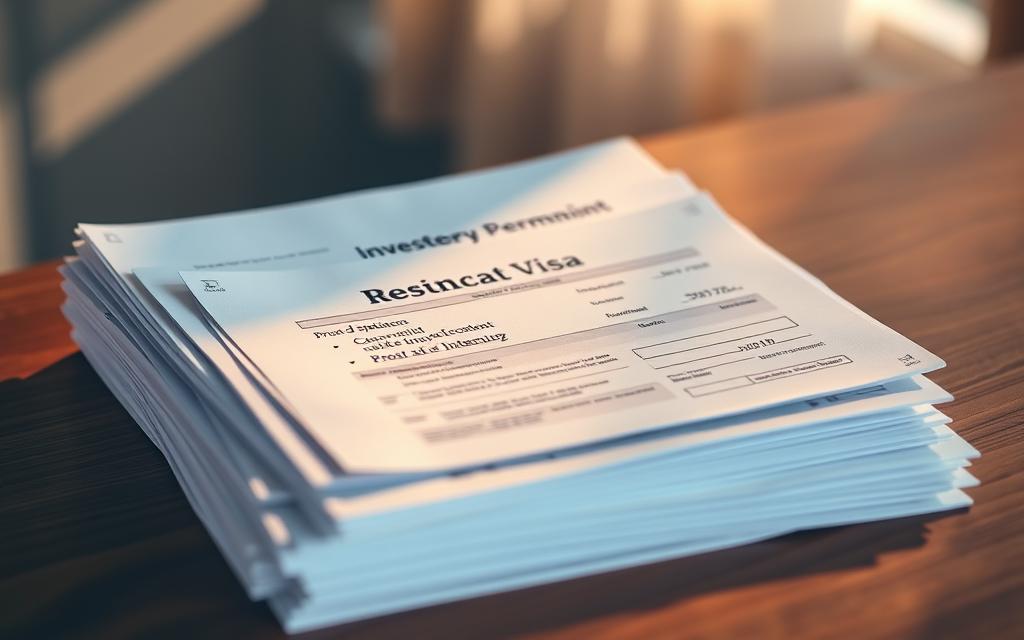
Gathering and authenticating necessary documents is the first significant step in the Costa Rica investor visa application journey. Pre-application preparation involves collecting all required documents from your home country, including personal identification, financial proof, and background checks.
Financial Documentation Needed
Financial documentation is a critical component of your application. This includes proof of your qualifying investment, such as property deeds, business registration documents, or bank statements showing the transfer of funds to Costa Rica. Ensuring these documents are accurate and authenticated is crucial for a successful application. For more information on successful investor visa applications, you can visit our page on Costa Rica Investor Visa Success Stories.
Personal Documentation Requirements
Personal documentation requirements include a valid passport with at least six months of validity, birth certificate, marriage certificate (if applicable), and a criminal background check from your country of citizenship. All documents issued outside Costa Rica must be authenticated through apostille or consular authentication. We recommend beginning the document gathering process at least 2-3 months before submitting your application to avoid delays.
Step-by-Step Application Process
For those seeking residency in Costa Rica through investment, understanding the application process is crucial. The Costa Rica residency application process involves several key steps, including document collection and authentication, application submission, a waiting period during review, and final approval steps including DIMEX card issuance.
Document Authentication and Translation
The first step in the application process is to authenticate and translate your documents. All documents must be translated by an official Costa Rican translator to ensure accuracy and compliance with Costa Rican regulations. This step is critical in the application process for residency in Costa Rica.
Submitting Your Application
Once your documents are authenticated and translated, you'll need to submit your application to Costa Rica's immigration office (DGME). This involves scheduling an appointment, paying the application fee (approximately $50), and bringing all original documents and copies to your appointment. After submission, you'll receive an expediente (file) number for tracking purposes and a comprobante (receipt) as proof of your pending application.
Biometric Appointment
As part of the application process, you'll be required to attend a biometric appointment at the Ministry of Public Security in San José. During this appointment, you'll provide fingerprints and photos, which are necessary for the processing of your residency application. It's essential to schedule this appointment in advance due to current backlogs.
Navigating the Waiting Period

After submitting your Costa Rica investor visa application, the waiting period can be a challenging time, but understanding the process can make it more manageable. This period, which typically lasts several months, is a critical phase in your journey to obtaining residency in Costa Rica.
Legal Status During Processing
Understanding your legal status during the processing of your application is crucial. After submitting your residency application, you maintain legal status in Costa Rica with your comprobante (receipt), which serves as proof of your pending application. This allows you to remain in the country legally beyond the standard 90-day tourist visa period. It's essential to keep this document safe, as it will be required for various purposes during your stay.
Travel Restrictions While Waiting
Travel restrictions are significant during the waiting period. If you need to leave Costa Rica, obtaining an exit permit before departure is crucial. Without this permit, your application could be automatically canceled. We recommend minimizing travel outside of Costa Rica until your residency is approved to avoid any complications with your application.
The waiting period also provides an excellent opportunity to familiarize yourself with Costa Rican culture, take Spanish lessons, establish local connections, and prepare for your new life as a resident. By staying informed about your application status and being prepared for any requirements, you can efficiently manage this waiting time.
Common Delays and How to Avoid Them
When applying for the Costa Rica Investor Visa, understanding the potential delays in the process can save you significant time and frustration. The Costa Rica immigration process involves several steps, and being aware of the common pitfalls can help ensure a smoother application experience.
Documentation Issues
Documentation issues are a primary cause of delays in the Costa Rica immigration process. Using expired criminal background checks is a frequent problem, as these documents are only valid for six months. Ensuring consistent naming across all records is also crucial, as discrepancies can lead to applications being returned for correction. For instance, if you're applying through a real estate investment, verifying that all property documents are in order is essential. You can learn more about the real estate investment option on our website: Can you get residency in Costa Rica by buying real estate
Administrative Bottlenecks
Administrative factors also play a significant role in processing time. Seasonal increases in application volume, particularly between December and February, can slow down the process. Staffing changes at Costa Rican immigration offices, policy updates, and technical issues with the immigration system can further extend processing times unexpectedly. To minimize delays, it's advisable to time your application submission to avoid peak periods and ensure that your application is thoroughly prepared.
From Temporary to Permanent Residency
As we explore the Costa Rica Investor Visa timeline, a crucial step is transitioning from temporary to permanent residency. After receiving residency approval, temporary residency is initially granted for 1-3 years and must be renewed before expiration.
Renewal Requirements
To maintain residency status, you must remain enrolled and current with CAJA (Costa Rican healthcare system) payments, visit Costa Rica at least once every year if traveling abroad, and report any changes in income or status to immigration authorities. For more information on the renewal process, you can visit this resource.
Path to Permanent Status
The path to permanent residency becomes available after maintaining temporary residency for 3 years, offering benefits such as fewer renewal requirements and the removal of work restrictions that apply to temporary residents. After obtaining permanent residency, you'll still need to maintain your CAJA enrollment and visit Costa Rica at least once per year, but you won't need to demonstrate ongoing investment to maintain your status.
Real Costs of the Costa Rica Investor Visa
Understanding the true cost of obtaining a Costa Rica investor visa is crucial for potential applicants. While the minimum investment requirement of $150,000 is well-known, there are additional expenses to consider when applying for residency in Costa Rica.
Government Fees and Official Expenses
The official costs for Costa Rica residency include several government fees and expenses. These are application filing ($50), residency approval ($100), document certification ($30 per document), DIMEX card issuance ($123), and CAJA monthly premium ($60-300 based on income). To give you a clearer picture, let's break down these costs further.
For instance, the CAJA monthly premium varies based on your income level, making it essential to factor this into your budget. Additionally, document certification fees can add up if you have multiple documents requiring authentication.
Additional Costs to Consider
Beyond government fees, there are other expenses associated with the Costa Rica investor visa application. These include professional assistance fees ranging from $600 to $3,000, document preparation costs such as apostille services ($50-100 per document) and official translations ($30-60 per page), and travel expenses for appointments in San José.
It's also worth noting that ongoing expenses after approval include monthly CAJA payments, annual DIMEX card renewal ($123), and costs associated with maintaining your investment and residency status. We recommend budgeting an additional $1,500-$4,000 beyond your primary investment to cover all application-related expenses, depending on your specific situation and whether you use professional assistance. For more information on whether residency in Costa Rica is worth it, you can visit our detailed analysis.
Benefits of Costa Rica Residency
The benefits of becoming a Costa Rican resident are multifaceted and significant. As we explore the advantages of residency, it becomes clear that Costa Rica offers an attractive package for investors.
Healthcare Access
Costa Rica's healthcare system is renowned for its high quality and affordability. As a resident, you gain access to the public healthcare system (CCSS) and private healthcare options at significantly lower costs than in the United States.
Tax Advantages
Costa Rica operates on a territorial tax system, meaning you're only taxed on income earned within the country, not on worldwide income. This can result in significant tax savings for residents, especially those with international income.
Quality of Life Benefits
Living in Costa Rica as a resident offers a high quality of life, with a pleasant climate, stunning natural beauty, and a culture that emphasizes work-life balance and "pura vida" (pure life). The country consistently ranks high in the Happy Planet Index, reflecting its focus on well-being and environmental sustainability.
Additional benefits of Costa Rica residency include the ability to open local bank accounts, sign contracts, own property without restrictions, obtain a local driver's license, and access local pricing for national parks and attractions. These advantages make Costa Rica an attractive destination for investors seeking a better quality of life.
Conclusion
As you've seen, the Costa Rica investor visa timeline involves several key steps and considerations. To successfully obtain residency in Costa Rica, it's essential to understand the various factors that influence the immigration approval timeline.
The investor visa represents one of the most straightforward paths to Costa Rican residency, requiring a one-time investment of $150,000 in qualified assets. Understanding the typical processing timeline of 4-8 months and potential delays helps set realistic expectations and allows for better planning of your relocation.
While the application process involves several steps and careful documentation, the benefits of Costa Rica residency—including healthcare access, tax advantages, and exceptional quality of life—make it well worth the effort. For personalized assistance with your Costa Rica investor visa application, we encourage you to contact us at www.jaroscr.com, info@jaroscr.com, or +(506)7182-8969 to ensure a smooth and efficient process.
By understanding the Costa Rica residency program and its requirements, you can navigate the immigration process with confidence. We are here to guide you every step of the way.


